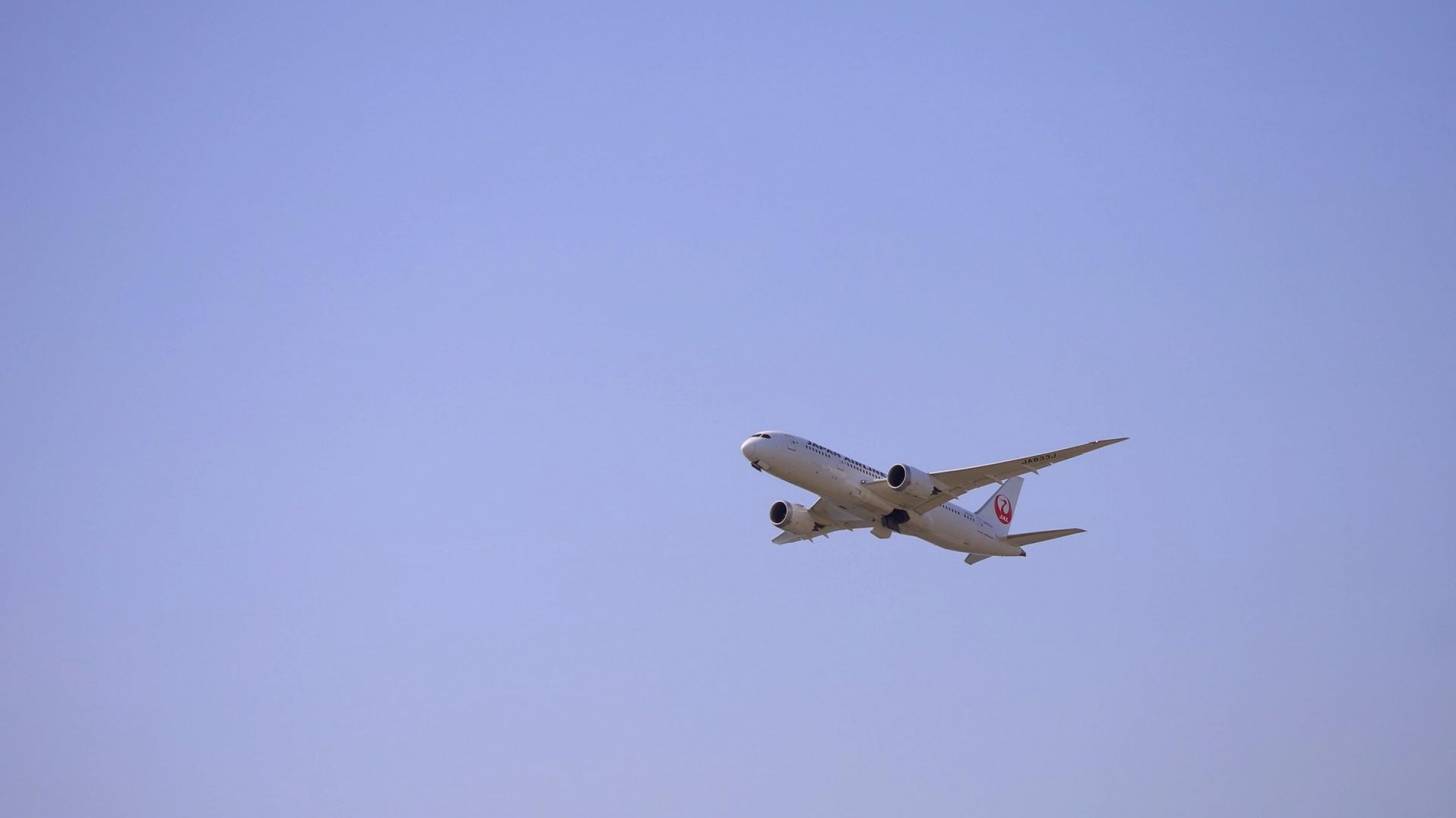Japan’s Travel Advisories Expanded

In response to the latest coronavirus outbreak news from Japan, the US Department of State expanded its Level 2 Travel Advisory on February 22, 2020.
The State Department says ‘travelers should review and follow the Centers for Disease Control and Prevention (CDC) guidelines for the prevention from the SARS-CoV-2 coronavirus if they decide to travel to Japan.’
The CDC issued a Level 2 Travel Alert for Japan on February 22nd.
If you are suspected of being infected with the virus that causes the COVID-19 disease while in Japan, you may face travel delays, quarantine, and extremely expensive medical costs, commented the State Department.
Such was the case with passengers onboard the Diamond Princess cruise ship.
Separately, the UK’s Foreign and Commonwealth Office updated its Travel Advice for Japan on February 27, 2020, reflecting similar warnings.
As did the Canadian government on February 25th.
These Travel Advisories are very relevant since Japan’s Health Ministry reported as of February 27th, there are 210 people (191 patients and 19 asymptomatic pathogen carriers) infected with the coronavirus during 2020.
In an effort to reduce the risk of Japanese students catching the COVID-19 disease, Japan's Prime Minister Shinzo Abe said on February 27th that ‘the government is planning to ask all elementary, junior and senior high schools and special support schools to shut down on Monday, March 2, 2020.’
This means about 12 million Japanese students could be kept home from school.
The decision about whether to close schools in Japan is made by local governments, as this expert points out.
Associate Professor of Nagoya University, Ryo Uchida, said in a news article, "Basically, local governments control educational administration."
Prime Minister Abe continued saying 'the health and wellbeing of children are of utmost concern.'
The US State Department says if you travel to Japan, you should:
- Discuss Japan travel plans with your healthcare provider, as older adults and travelers with underlying health issues may be at risk for more severe disease.
- Travelers should avoid contact with sick people and clean their hands often by washing with soap and water for at least 20 seconds or using an alcohol-based hand sanitizer with 60%–95% alcohol.
- Enroll in the Smart Traveler Enrollment Program to receive Alerts and make it easier to locate you in an emergency.
- Prepare a contingency plan for emergency situations such as this Traveler’s Checklist.
- If you seek medical advice while traveling, call ahead before going to a doctor’s office or emergency room. Tell them about your recent travel to Japan, and your current symptoms.
If US citizens require assistance from the Tokyo Embassy, it is located at 1-10-5 Akasaka, Minato-ku, Tokyo 107-8420 Japan.
From an overall health risk-perspective, the CDC also included Japan in two previous Travel Alerts issued during 2020.
A Level 2 Travel Alert was reissued on January 3, 2020, regarding the ongoing rubella outbreak confronting Japan. This Alert focused on the health risk from rubella to pregnant women and their unborn children.
And a global measles virus Level 1 Travel Alert include Japan, also published by the CDC on January 3rd.
Furthermore, the CDC advises anyone visiting Japan to speak with a specialist 1-month prior to departure to review any additional vaccinations, such as flu shot.
Travel alerts and advisories are published by Vax-Before-Travel
Our Trust Standards: Medical Advisory Committee
